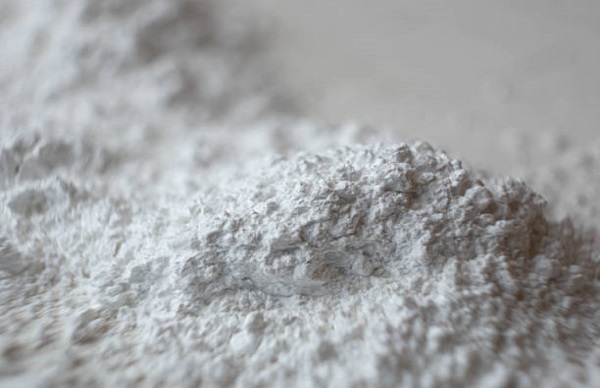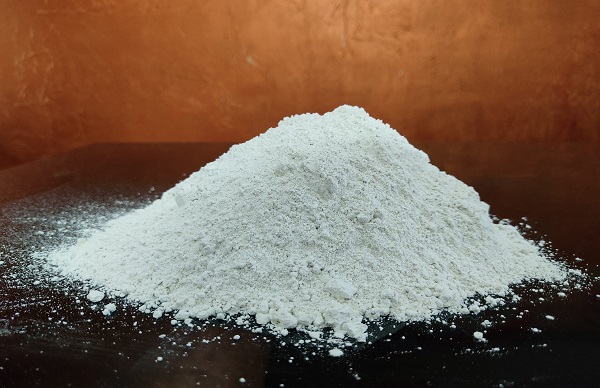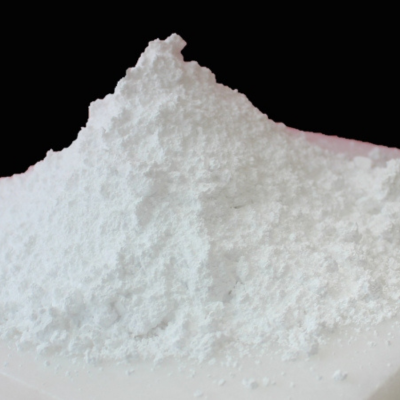
What is the use of calcium carbonate
October 1, 2024
What foods contain calcium carbonate
October 1, 2024Calcium Carbonate Powder Suppliers is a versatile compound widely used in various industries, including construction, agriculture, food production, and pharmaceuticals. It serves as a primary ingredient in products like cement, antacids, and dietary supplements. In this article, we will explore the process of making calcium carbonate, including its sources, methods of production, and applications.
Calcium carbonate is a versatile compound widely used in various industries, including construction, agriculture, food production, and pharmaceuticals. It serves as a primary ingredient in products like cement, antacids, and dietary supplements. In this article, we will explore the process of making calcium carbonate, including its sources, methods of production, and applications.
Understanding Calcium Carbonate
Calcium carbonate (CaCO₃) is a white, insoluble powder that occurs naturally in limestone, marble, and chalk. In its natural form, it can exist as a mineral in three different polymorphs: calcite, aragonite, and vaterite. The choice of the production method often depends on the desired properties and applications of the calcium carbonate produced.
Sources of Calcium Carbonate
Calcium carbonate can be obtained from various natural sources, including:
- Limestone: A sedimentary rock primarily composed of calcite. It is the most common source of calcium carbonate.
- Marble: A metamorphic rock formed from limestone under high pressure and temperature. It has a higher purity of calcium carbonate.
- Chalk: A softer, porous form of limestone often used in educational settings for writing on blackboards.
In addition to natural sources, calcium carbonate can also be produced synthetically through chemical processes.
Methods of Producing Calcium Carbonate
There are several methods for producing calcium carbonate, including:
Mining and Crushing
This is the most straightforward method of obtaining calcium carbonate. Natural deposits of limestone or chalk are mined, crushed, and ground into a fine powder. The fineness of the powder is critical for its effectiveness in various applications.
Calcination and Hydration
Calcination: This process involves heating limestone (calcium carbonate) in a kiln at temperatures above 900°C to produce quicklime (calcium oxide) and carbon dioxide gas. The reaction is as follows:
CaCO₃ (s) → CaO (s) + CO₂ (g)
Hydration: The quicklime can then be reacted with water to produce hydrated lime (calcium hydroxide):
CaO (s) + H₂O (l) → Ca(OH)₂ (s)
Applications of Calcium Carbonate
- Construction: It is a key ingredient in cement and concrete production, enhancing the strength and durability of buildings and infrastructure.
- Agriculture: Farmers use calcium carbonate to improve soil quality, neutralize acidity, and provide essential calcium nutrients to crops.
- Food Industry: Calcium carbonate serves as a food additive, providing calcium in dietary supplements, antacids, and as a coloring agent in food products.
- Pharmaceuticals: It is used in the formulation of tablets and other medicinal products due to its properties as a calcium source and filler.
- Plastics and Coatings: In the manufacturing of plastics, paints, and coatings, calcium carbonate is used as a filler to improve texture, durability, and opacity.
Quality Control and Safety Considerations
When producing calcium carbonate, it is essential to implement quality control measures to ensure the purity and consistency of the final product. This includes:
- Testing raw materials for impurities.
- Monitoring production processes to maintain desired particle sizes and chemical composition.
- Conducting regular safety assessments, especially when handling chemicals during production.
Safety precautions should be followed, especially when dealing with powdered materials, to prevent inhalation or contact with skin and eyes. Proper ventilation, protective equipment, and adherence to safety protocols are crucial during the production process.
Conclusion
Calcium carbonate is an essential compound with diverse applications across multiple industries. Whether sourced naturally or produced synthetically, its versatility and effectiveness make it a valuable material. Understanding the methods of producing calcium carbonate, along with its various applications, can help businesses harness its benefits for their specific needs. By following safe and efficient production practices, manufacturers can ensure the quality and sustainability of calcium carbonate in the marketplace. Companies like Sudarshan Group are committed to delivering high-quality calcium carbonate solutions to meet the diverse needs of various industries.



